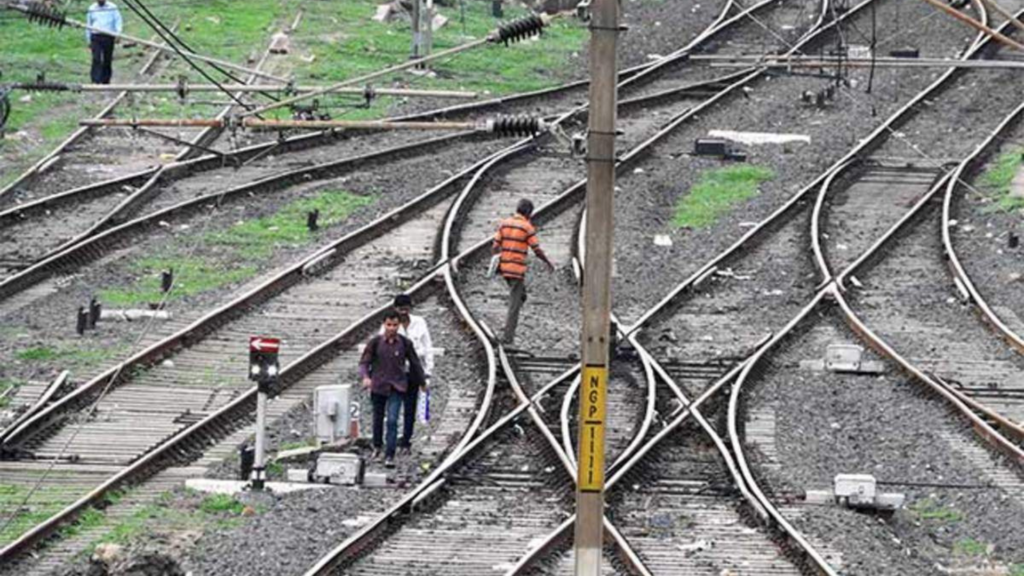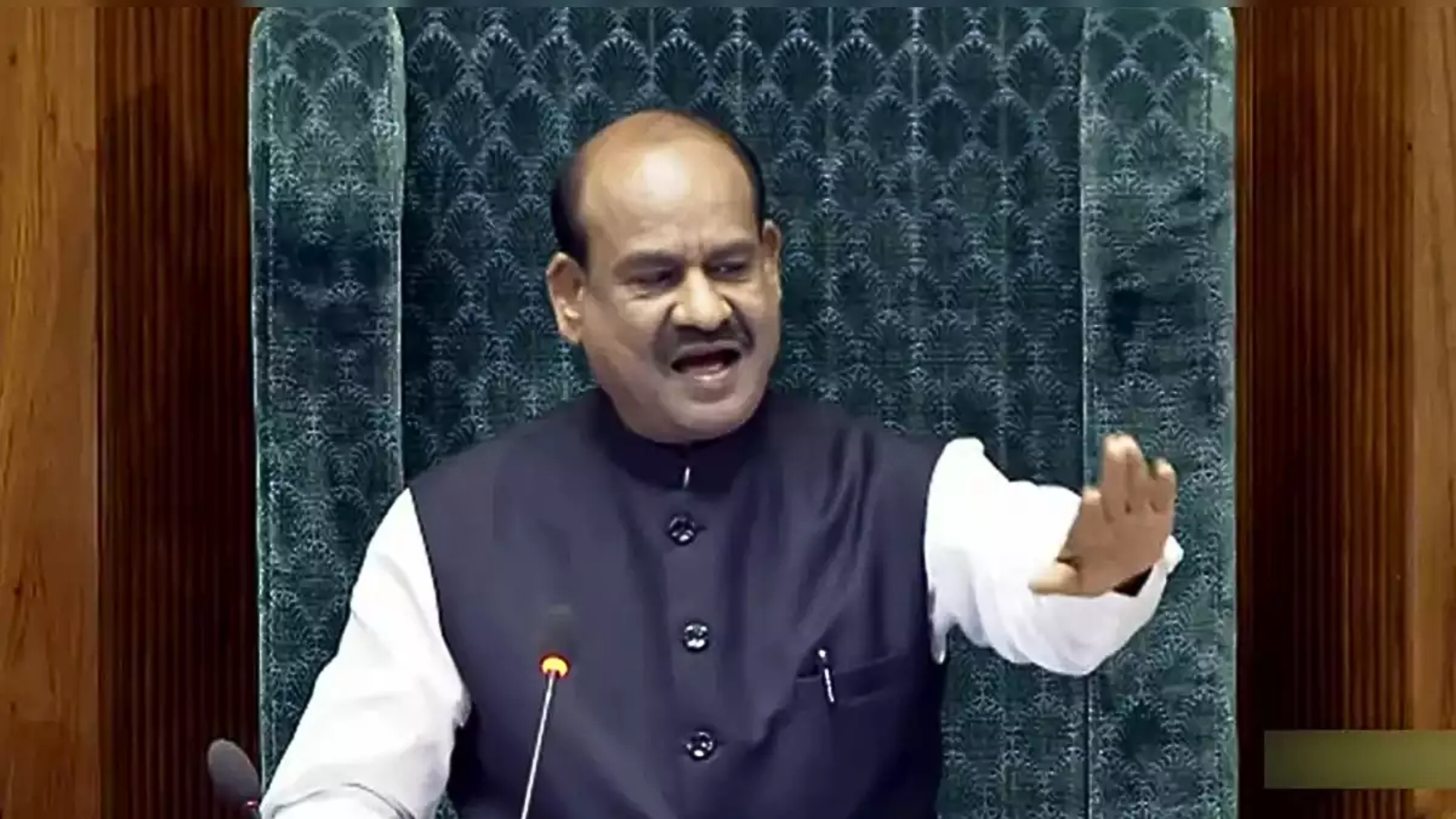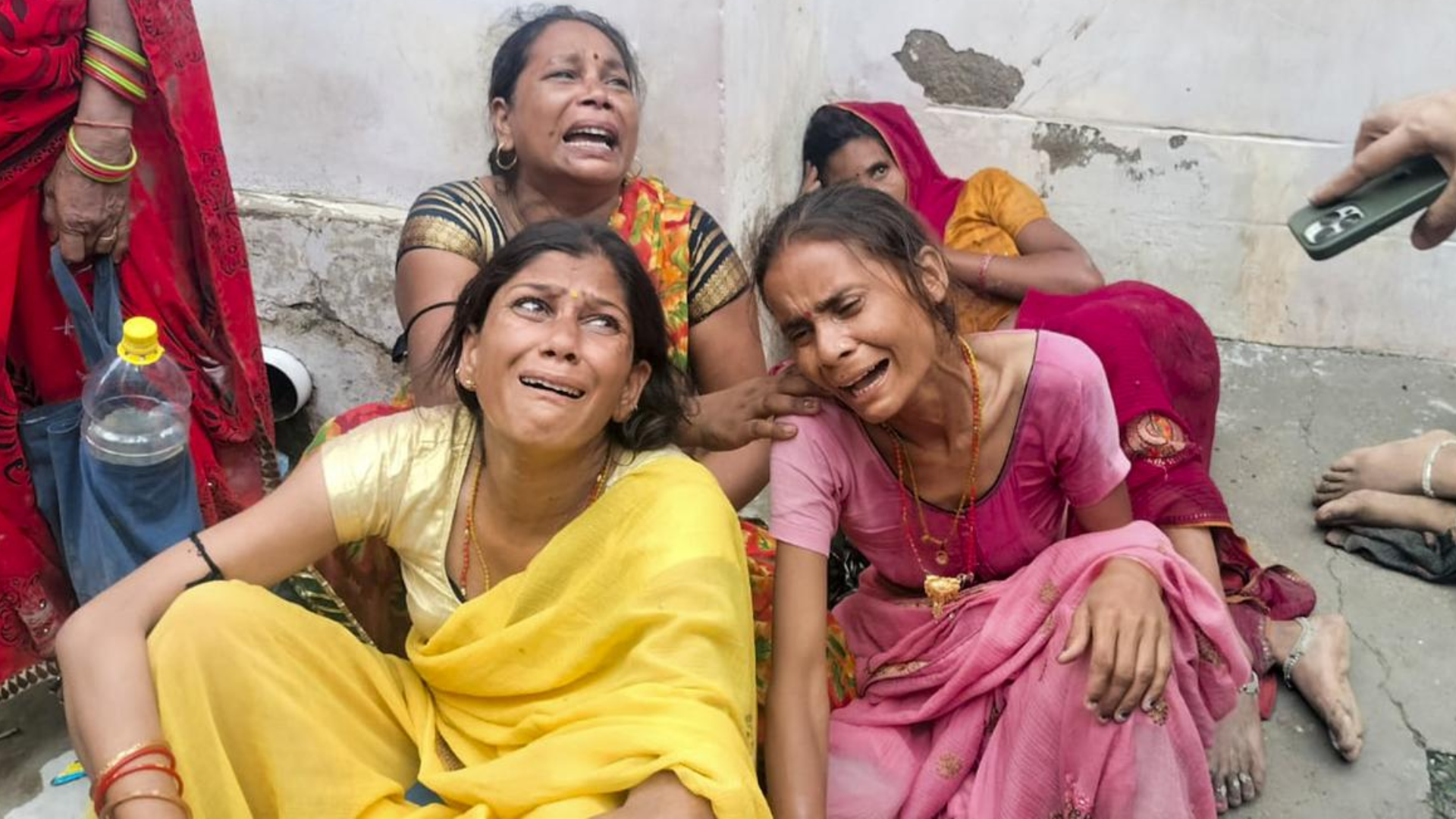Railways safety fund spent on fripperies
An analysis of the spending by the government on railway safety by the CAG has revealed that a lot of the funds allotted for the Rashtriya Rail Sanraksha Kosh (RRSK) has been misused. While the amount spend on non-consequential items has been increasing, that spent under consequential items like track renewal and others was decreasing.

The Balasore train tragedy has brought into sharp focus the Comptroller and Auditor General (CAG) report on the Railways submitted to Parliament last December. One particular aspect has been the railway safety fund, the Rashtriya Rail Sanraksha Kosh (RRSK) unveiled in the 2017-18 Budget.
Arun Jaitley, the then finance minister had said that the fund would be created “with a corpus of Rs 1 lakh crore over a period of five years”. Seventy-five per cent of the fund would be provided by the Union government and the rest would be generated from internal resources of the Railways.
What has come to light in the CAG report is that, of the Rs 20,000 crore (Rs 5,000 crore per year) meant to be provided by the Railways for the four years from 2017-18 to 2020-21, only Rs 4,225 crore was provided, leaving a shortfall of Rs 15,775 crore, or 78.9 per cent.
More damningly, the report said that officials were spending money on inconsequential items. A random audit scrutiny of 11,464 vouchers over four select months—December 2017, March 2019, September 2019 and January 2021—pertaining to a 48-month period from 2017-18 to 2020-21 and covering two chosen divisions of each zonal railway revealed “incorrect bookings of expenditure” worth Rs 48.21 crore.
While allotment of funds for priority works like track renewal declined from Rs 9,607.65 crore in 2018-19 to Rs 7,417 crore in 2019-20, the amount spent on non-priority works increased, with Rs 1,004 crore spent under this head in 2019-20.
The share of non-priority works under the RRSK grew from 2.76 per cent in 2017-18 to 6.36 per cent in 2019-20.
“The increasing trend towards expenditure on non-priority works is against the guiding principles of RRSK fund deployment framework, which stipulates that the Priority-I works should be met with first charge on RRSK,” the CAG report stated.
The CAG’s analysis of railway accidents between 2017 and 2021 indicates that 69 per cent of accidents were derailments, and if only “consequential” train accidents—railway parlance for serious accidents involving the loss of lives—that percentage increases to as high as 80 per cent.
The accident should be a wake-up call for the Modi government to get on track as far as railway safety is concerned.







